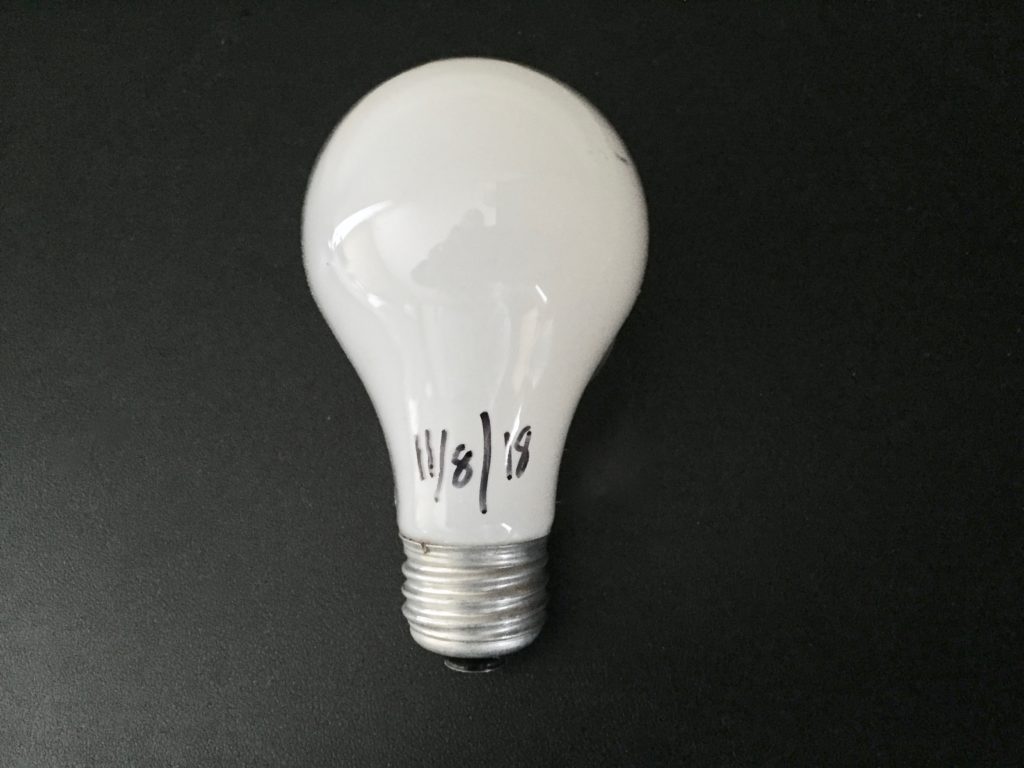Reader Question: Do you have a list of things that homeowners tend to forget in caring for their home where they could save money?
Monty’s Answer: Your question inspired the production of a list based upon my experiences of owning a home. Full disclosure: You asked someone whose wife rolled her eyes when she caught me rationing toothpaste. A little dab’ll do ya! Using a magic marker to date light bulb installations lit her up, too – will it last 5,000 hours?
Improve safety and save cash
- Unplug appliances when not in use. As children leave for school, people take vacations or leave a vacation home, some will use their internet service provider’s vacation mode service or return a set-top box, but not unplug the TV or other electronic devices. Many devices keep drawing power. Disconnecting them also reduces the chance of fire.
- Invest in window shades. Shades prevent the sun from fading a variety of materials. The sun is hard on carpeting, fabric on couches, drapes, chairs, bedspreads, wood furniture and more. Counterpoint: Some people believe leaving shades open during the day discourages intruders. Shades also act as an insulator to reduce energy costs year round.
- Water conservation can reduce your municipal water bill. According to the Alliance for Water Efficiency, the average shower is 8.2 minutes and consumes 17.2 gallons of water. Get wet and warm then shut off the water and wash your hair. Turn the shower on again to rinse. Then repeat to scrub your body. In a four-person household bathing daily, the savings can be significant.
- DIY projects to avoid. Some of us are adept with DIY projects, but there are projects that all but the most talented should avoid. DIY kitchen cabinet refinishing, followed closely by pouring and finishing concrete flatwork top the list. Do-it-yourself TV makes these tasks appear easy. Practice on someone else’s house before your own. A miss on these projects affects future market value.
- Painting tips. Mop boards in the hallway should have different paint than a bedroom ceiling. Paint ingredients vary, which makes them more expensive to obtain specific results. Some paint is washable, some are not. There are different types of paint finishes and some work better in a bathroom or kitchen than others. Paint is the most visible component in your home. Understanding these variables makes a remarkable difference in how long it holds a sheen.
- Change the air filters regularly. Please don’t wait till you can’t see the light come through to change them. The furnace will operate more efficiently, and dust will be slow to accumulate. Anecdotally, several service techs have suggested the lower cost filters are sufficient for the task. Humidifiers and dehumidifiers have filters, as do some refrigerators, so do not forget them.
- Fire prevention. Remember to recharge your fire extinguishers. Replace the batteries in your smoke alarms and carbon monoxide alarms simultaneously. Fires are expensive and can be deadly. Statistics from the Chimney Safety Institute of America at https://www.csia.org/statistics.html suggest about 22,300 chimney fires occur annually. If you use a wood-burning fireplace regularly check the flue each year or hire a chimney sweep.
- Appliance use. Do not use the dishwasher heat-dry cycle. Open the door and air dry. Dry your clothes to damp dry and hang them on hangers. Washing machines wear out blue jeans. Instead, spot-clean them, seal in a plastic bag and freeze them for two days. These tricks save water, wear and tear, and energy.
- Time your home product purchasing. Some months are better than others to buy many products for your home. Do an internet search for “best time to buy (insert product).” For example, your deck needs refinishing next spring, so buy the deck stain in December. It will still be good in May but cost considerably less. Need replacement windows? Many window replacement companies are hungry for November customers.
- Garbage disposal. Do not let waste accumulate in the unit. Turn on cold water before engaging the grinder and let it run for a minute or two after switching the unit off. This practice will eliminate flies or ants from feeding there. It will also minimize any odor and reduce the chances of plugging the waste line. Clean the unit once a month by freezing vinegar in an ice cube tray and run the cubes through the unit. Remember to scrub the underside of the splash guard. Compost vegetable scraps whenever possible.

